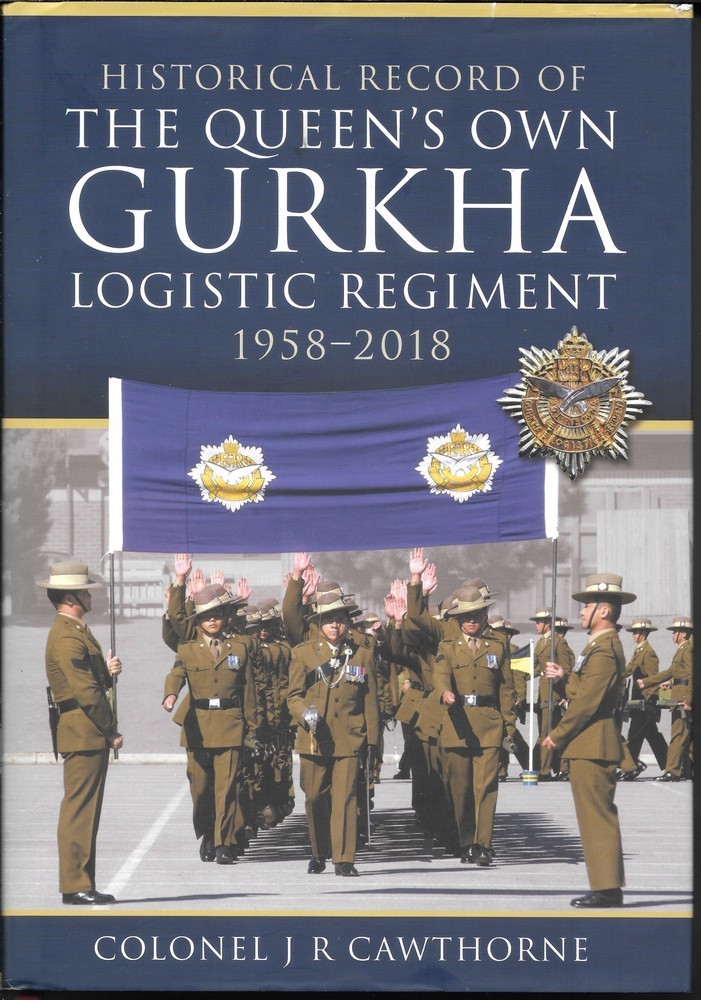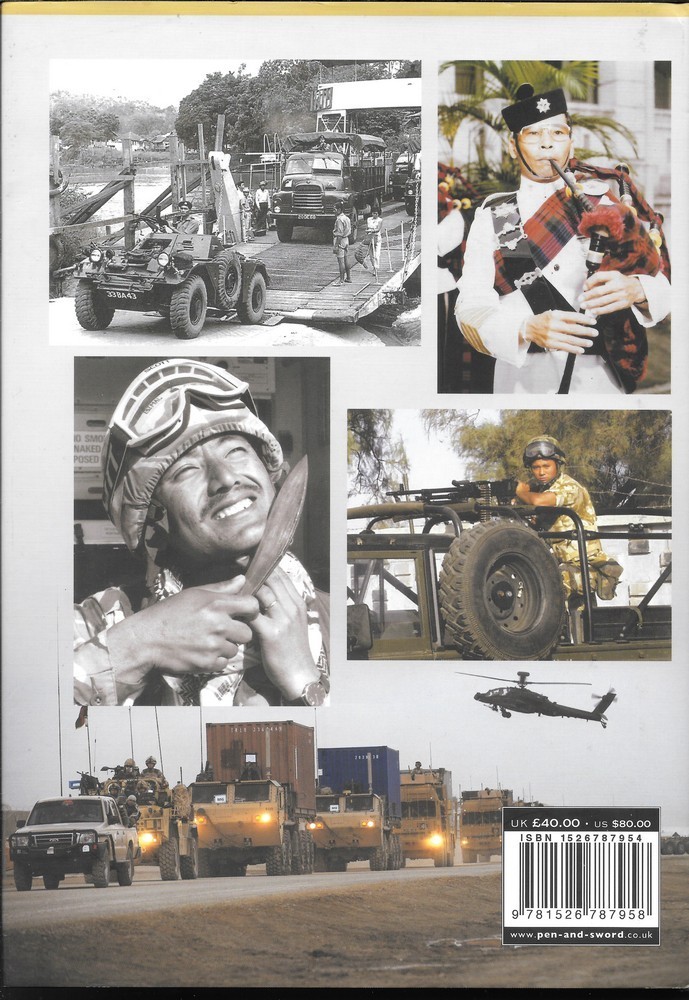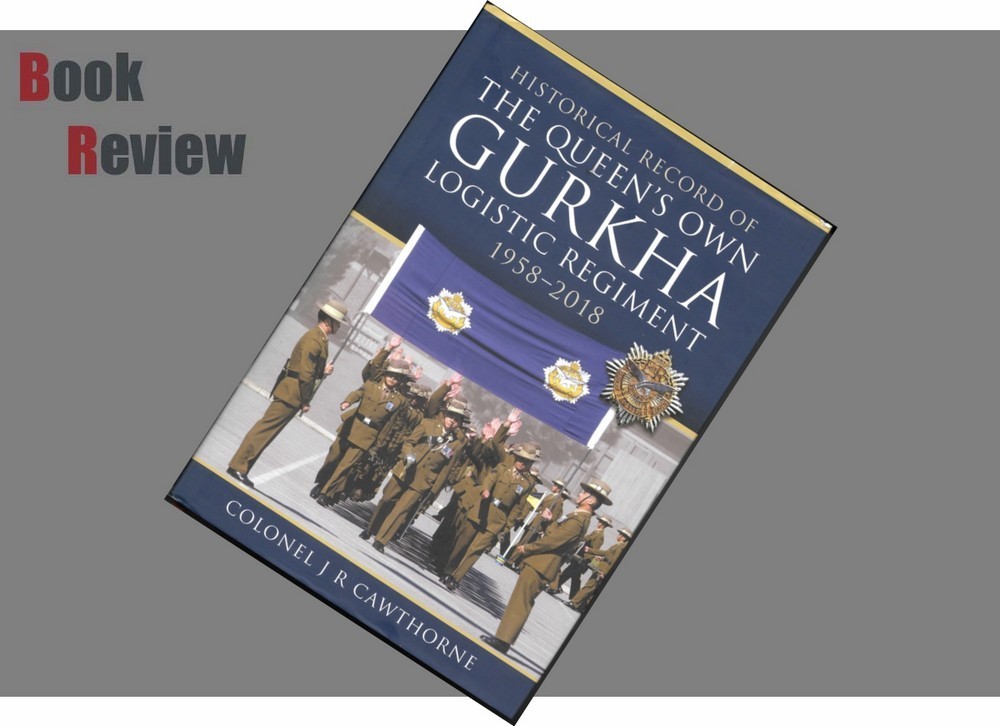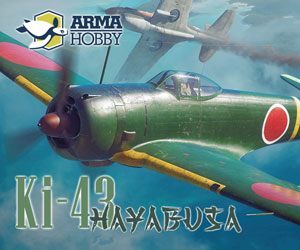Brief History
At the outbreak of the First World War, the whole of the Nepalese Army was placed at the disposal of the British Crown. Over 16,000 Nepalese Troops were subsequently deployed on operations on the Northwest Frontier and as Garrison Battalions in India to replace troops of the British Indian Army who had gone to fight overseas. Some one hundred thousand Gurkhas enlisted in the Regiments of The Gurkha Brigade.
They fought and died in, France and Flanders, Mesopotamia, Persia, Egypt, Gallipoli, Palestine, and Salonika. A battalion of the 8th Gurkhas distinguished itself at Loos, fighting to the last, and in the words of the Indian Corps Commander, “found its Valhalla”.
The 6th Gurkhas gained immortal fame at Gallipoli during the capture from the Turks of the feature later known as “Gurkha Bluff”. At Sari Bair, they were the only troops in the whole campaign to reach and hold the crest line and look down on the Straits, which was the ultimate objective. To quote from Field Marshal Sir William Slim’s introduction to the second volume of the 6th Gurkhas’ history: “I first met the 6th Gurkha Rifles in 1915 in Gallipoli. There I was so struck by their bearing in one of the most desperate battles in history that I resolved, should the opportunity come, to try to serve them. Four years later it came, and I spent many of the happiest, and from a military point of view the most valuable, years of my life in the Regiment.”
Between the Wars
There was a little respite after the First World War, with fighting in the Third Afghan War in 1919 followed by numerous campaigns on the North-West Frontier, particularly in Waziristan. Four Nepalese Army Regiments also took part in operations on the North-West Frontier during the Third Afghan War.
Throughout the Great War, the Amir Habibullah of Afghanistan had, by a mixture of guile and prevarication, resisted all attempts by the Germans and Turks to persuade him to declare war on Britain. However, after his murder in February 1919, he was succeeded by his son Amunulla who rapidly came under the influence of advisers many of whom, including his Commander-in-Chief, were strongly anti-British.
In March and April 1919 there were outbreaks of serious disorder in India and, on the pretext that he wished to prevent similar disturbances from spreading into Afghanistan, Amunulla ordered his army to concentrate on the frontier at the three historic entry points into India – the Khyber Pass, the Kurram Valley and the Khojak Pass into Baluchistan.
The Second World War
There were at least 40 Gurkha Battalions in British Service and parachute, garrison, and training units in the Second World War. In all this total sum amounted to 112,000 men. Side by side with British and Commonwealth troops Gurkhas fought in Syria, the Western Desert, Italy, and Greece, from North Malaya to Singapore and from the Siamese Border back through Burma to Imphal and then forward to Rangoon. In addition to the enormous manpower made available, there were many personal gestures on the part of the Minister and the Court of Nepal. Large sums of money for the purchase of weapons and equipment, including many for the provision of fighter aircraft during the Baffle of Britain, were presented as gifts from Nepal. Considerable sums of money were also donated to the Lord Mayor of London during the Blitz for the relief of victims in the Dockland area.
An equally generous response was made to a variety of appeals for aid – all this from a country that was then and still is by western standards, desperately poor. The spirit of this friendship can best be illustrated by the reply made by the Prime Minister of Nepal to the British Minister in Kathmandu after the fall of France in 1940. When Britain stood alone. Permission was sought to recruit an additional twenty battalions for the Gurkha Brigade and for Gurkha troops to be allowed to serve in any part of the world. This was readily granted by the Prime Minister who remarked, “Does a friend desert a friend in time of need? If you win, we win with you. If you lose, we lose with you.” The whole of the Nepalese Army was again placed at the disposal of the British Crown. Bight Nepalese Regiments were sent to India for internal security duties and operations on the North-West Frontier. Later a Nepalese Brigade was sent to Burma and fought with distinction at the Battle of Imphal.
In the two World Wars, the Gurkha Brigade suffered 43,000 casualties, and to date, it has won 26 Victoria Crosses – 13 by Gurkhas and 13 by British Officers. This short chronicle is necessarily brief and factual. It cannot adequately portray the spirit and the character of the Gurkha soldier, nor can it reflect the ‘esprit de corps and the bond of comradeship and mutual respect which bind together the British and Gurkha Officers and men of the Brigade. But perhaps these words written by the late Sir Ralph Turner MC (Professor of Sanskrit at the University of London, Fellow of Christ’s College Cambridge, and sometime Adjutant of the 2nd Battalion, 3rd Queen Alexandra’s Own Gurkha Rifles) in 1931, give a hint of the true feelings of both sides:
“As I write these words, my thoughts return to you who were my comrades the stubborn and indomitable peasants of Nepal. Once more I hear the laughter with which you greeted every hardship. Once more see you in your bivouacs or about your campfires, on forced marches or in the trenches, now shivering with wet and cold, now scorched by a pitiless and burning sun. Uncomplaining you endure hunger and thirst and wounds, and at the last, your unwavering lines disappear into the smoke and wrath of battle. Bravest of the brave, most generous of generous, never had a country more faithful friend than you”.
The Malayan Emergency
The Brigade of Gurkhas operated continuously throughout the Malayan Emergency, for twelve years (1948 to 1960) against communist terrorists, and the Gurkha soldier again proved himself to be, as he had previously done in Burma, a superb jungle fighter.
Whilst the majority of the rest of the British Army was fighting in such trouble spots as Korea, Cyprus, Kenya, and Aden and maintaining a presence in the UK, Germany, and other garrisons in various parts of the world, the Brigade of Gurkhas was providing the backbone, the expertise and the continuity in the campaign in Malaya.
Many British units fought in the Malayan Emergency with distinction, but never for more than two or three years before moving on to other theatres. Gurkha battalions on the other hand served year after year, providing the decisive ingredient for victory in this vicious war of stealth and attrition.
A peaceful period of two years followed the successful conclusion of this campaign which enabled Gurkha units once again to widen their professional horizons and train for roles other than operating against communist terrorists in the Malayan jungle One Gurkha Battalion was stationed in the United Kingdom (at Tidworth) in 1962 but was withdrawn to the Far East after the outbreak of the troubles in Borneo.
More Recent History
Since 1997, the Brigade of Gurkhas has been operational, and the battle has proven in Bosnia, Kosovo, East Timor, Sierra Leone, Macedonia, Iraq, and eleven years in Afghanistan (almost as long as the Malayan Emergency).
Since 1997
Brigade units have deployed over one hundred times from platoon/troop level and above.
The two Royal Gurkha Rifles Battalions alone have deployed on an impressive 15 operational tours.
The three Gurkha reinforcement Companies, raised to support British units have deployed on operations, 18 times in 13 years.
The human cost and sacrifice have been high. 54 officers and soldiers of the Brigade have been wounded in action and 15 have made the ultimate sacrifice.
Since 1998.
The QGE has deployed its Squadrons 10 times.
The QGS has deployed its Squadrons 6 times and troops and detachments 16 times.
The QOGLR has deployed as a Regiment 5 times and its Squadrons independently 11 times.
Since 1997 British Officers and Gurkha Soldiers have been awarded:
1 x DSO, 5 x OBE, 32 x MBE
1 x CGC, 8 x MC, 31 x MD, 1 x QCB
12 x QCVS, 48 x CJO Commendations
A total of 91 awards and 48 Commendations
The book and its contents
This book from Pen & Sword is a hardback book with stitched spine also has a stitched-in bookmark and a pagination of 800
Contents
Forward
Acknowledgements and Introduction
The Queen’s Own Gurka Logistic Regiment 1958- 2018-Lineage and Service Digest of Service 1958-2018
Part 1: Gurka Army Service Corps (Gurka ASC)
1958: Raising of the Gurka Army Service Corps, 1959: Cadre and Company 1960: Affiliation to the Royal Service Corps 1961: Gurka ASC becomes Operational, 1962: Deployment to UK and Brunei Rebellion, 1963: Worldwide Deployment, 1964: Confrontation and Back-to-Back Deployments.
Part II: Gurka Transport Regiment (GTR)
1965: Redesignated Gurka Transport Regiment, 1966: End of Confrontation 1967: Redundancy and Hong Kong Riots, 1968: 10th Anniversary and Disbandment of 30 Squadron, 1969: Redundancy and the Gurka Welfare Appeal, 1970: Relocation to Hong Kong, 1970: Relocation to Hong Kong, 1971: Consolidation of the Regiment in Hong Kong, 1972: Re-introduction of Kasam Khane Ceremony, 1973: Farewell to the Colonel of the Regiment, 1974: Battle for Survival, 1975: Restructuring, 1976:A Year of Change, 1977: New Regimental Home, 1978: 20th Anniversary Celebrations, 1979: Anti-Illegal Immigrant Operations, 1980: A Demanding Year, 1981:Expansion, 1982: A Year of Firsts, 1983: The Regiment’s Silver Jubilee, 1984: Agreement to the Hand Back of Hong Kong, 1985: Introduction of Commander’s Sword Competition, 1986: Memorable Year, 1987: Triumph and Tragedy, 1988: A Year of Sporting Successes, 1989: An Assured Future, 1990: Formation of 28 (Ambulance) Squadron, 1991: Gulf War and Formation of 34 (UNFICY) Squadron,
Part III. The Queen’s Own Gurka Transport Regiment (QOGTR)
1992: Redesignated the Queen’s Own Gurka Transport Regiment, 1993: Move of 28 Squadron to the UK, 1994: Disbandment of 31 Squadron and End of an Era, 1995: Move of 28 Squadron Deployment to the Balkans, 1996: A Second Deployment to the Balkans, 1997: Hardback of Hong Kong, 1998: A Year of Consolidation and Taking Stock 1999: Return to Bosnia, 2000: Planning for a Supply Specialist Squadron,
Part IV: The Queen’s Own Gurka Logistic Regiment (QOGLR)
2001: Redesignated the Queen’s Own Logistic Regiment, 2002: Rebadging RGR Chefs QOGLR and Redesignation of 94 Stores Squadron RLC to QOGLR, 2003: The Iraq War, 2004: A Year for Regenerating Capability, 2005: Redesignation of 1Engineer Support and Water Squadron RLC to 1 Transport Squadron QOGLR, 2006: Redesignation of 10 Transport Regiment RLC to 10 Transport Regiment QOGLR 2007: Back-To-Back Operational Tours and Nepal Cup Victory, 2008: Golden Jubilee Celebrations, 2009: A Regimental Deployment to Afghanistan, 2010: Return from Afghanistan and to New Home, 2011, Restructuring Redundancy and Pre-Deployment Training, 2012: Afghanistan, Cyprus and the London Olympics, 2013: 10 QOGLR Rerolled to a Theatre Logistic Regiment, 2014: Support to the Ebola Virus Crisis in West Africa, 2015: Celebration to Two Hundred Years of Gurka Service, 2016: Freedom of the Borough of Rushmoor, 2017: QOGLR on Top of the World, 2018: A Royal Review
This book from Pen & Sword is about the history of the Gurka
As the contents tell you this book covers a lot of history and some significant periods. Gurkhas faithfully and heroically served this country without hesitation, on the battlefield, the Gurkhas caused a certain amount of fear to those whom they fought especially around the Gurka Sword the Kukri, a machete-type knife/sword one of the most feared weapons on the battlefield it is said that if Gurka drew his Kukri then he had to draw blood! Just another of so many reasons the Gurkhas were feared and respected by not just the serving soldiers in the British Army but also the people they fought against.
The first Gurka to receive the Victoria Cross Kulbir Thapa Magar VC (15 December 1888 – 3 October 1956) was the first Nepalese Gurkha recipient of the Victoria Cross, the highest and most prestigious award for gallantry in the face of the enemy that can be awarded to British and Commonwealth forces.
Thapa was a 26-year-old Rifleman in the 2nd Battalion, 3rd Queen Alexandra's Own Gurkha Rifles, British Indian Army, during the First World War when the following deed took place for which he was awarded the Victoria Cross. On 25 September 1915 in Fauquissart, France Rifleman Kulbir Thapa, having been wounded himself, found a wounded soldier of The Leicestershire Regiment behind the first-line German trench (believed initially to be a 20-year-old soldier from Melton Mowbray by the name of Bill Keightley but since confirmed to be 19152 Private Evan Jones who received a letter from the Adjutant Captain B Dalton, of the 2nd Battalion Queen Alexandra's Own 3rd Gurkha Rifles, dated the 25th February 1916, requesting details of the action, that was made known in 2014 having been kept by the family together with a photograph of Kulbir Thapa for 99 years). Although urged to save himself, the Gurkha stayed with the wounded man all day and night. Early the next day, in misty weather, he dragged him through the German wire, within spitting distance from the Germans. Leaving him in a place of comparative safety, he returned and brought in two wounded Gurkhas, one after the other. He then went back, and, in broad daylight, fetched the British soldier, carrying him most of the way under enemy fire.
Conclusion
This book from Pen & Sword is about the history of the Queens Own Gurkha Logistic Regiment and is a superb book on this subject, with so much history, my uncle once told me that when he was on deployment during national service his unit came under heavy fire during the Malaysian Emergency. A firefight ensued and unbeknown to his unit Some Gurkhas from the 48th brigade had been following the insurgents through the forest, drawing on the skills that the Gurkhas had perfected during jungle fighting in Burma in the Second World War. The slow, dangerous, and often unsuccessful work of tracking insurgents through thick jungle to find and ambush them, sometimes meant waiting weeks to capture or kill just a handful of insurgents. Were alerted to the sound of gunfire, apparently the Gurkas circumvented the British soldiers and crept up upon the communist insurgents killing them and saving the life of the British soldiers fighting them. Both my uncle and grandfather spoke well of the Gurkhas and taught me a lot about them and how I should be respectful to them whenever I met them as they fought with valour and tenacity yet were very humble people who lived their lives fighting for Queen and Country. I urge anyone that have a passion for history or an interest in military history should have this book in their library, it is a very long read but is an absolute gem of a book





























